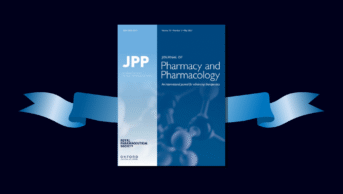
Shutterstock.com
An artificial intelligence tool is being developed by a hospital trust in Manchester to help translate medicines information for people who speak languages other than English.
The £59,000 proof-of-concept project has been signed off by Manchester University NHS Foundation Trust and is aimed at reducing hospital visits and improving patient outcomes.
A spokesperson for the trust said it had been testing AI technology “to see if we can translate medicine instructions into different languages and allow a supported conversation using the tool alongside a clinician”.
The tool would be used by clinicians to help guide conversations with patients, who do not speak English as their first language, about taking their medicines correctly.
“Our hope for the system is to support people, who don’t speak English as their first language, to take their medications as per the prescriber’s intent.
“This in turn will improve their outcomes and hopefully reduce the need for added assistance from medical professionals or visits to A&Es.”
Data from the England and Wales 2021 census show the number of non-proficient English speakers across England and Wales is increasing and exceeded 1 million people in 2021.
NHS England guidance for healthcare commissioners, published in 2021, states that a patient’s language and communication requirements should not impact the quality of care they receive when accessing healthcare services.
Previous reports have noted that an improvement in how the NHS manages language barriers could help reduce health inequalities.
Studies have also shown that communication difficulties owing to language barriers can contribute to poor medicines adherence and increased patient safety risk.
Commenting on the development of the AI tool, Claire Anderson, president of the Royal Pharmaceutical Society, said: “Patients need to receive care and medicines advice in a format and language that they understand, to ensure that they are able to take their medicines correctly and safely, avoiding any unnecessary complications.
“Language barriers have the potential to lead to misunderstandings and inaccuracies on how to take medicines; this has an impact on patient wellbeing and can worsen health inequalities.
“Pharmacists provide medicines advice to patients from diverse backgrounds within the communities they serve.
“To help support these conversations, improving support and resource for translation services is vital to help patients understand how to take their medicines safely and effectively.”


